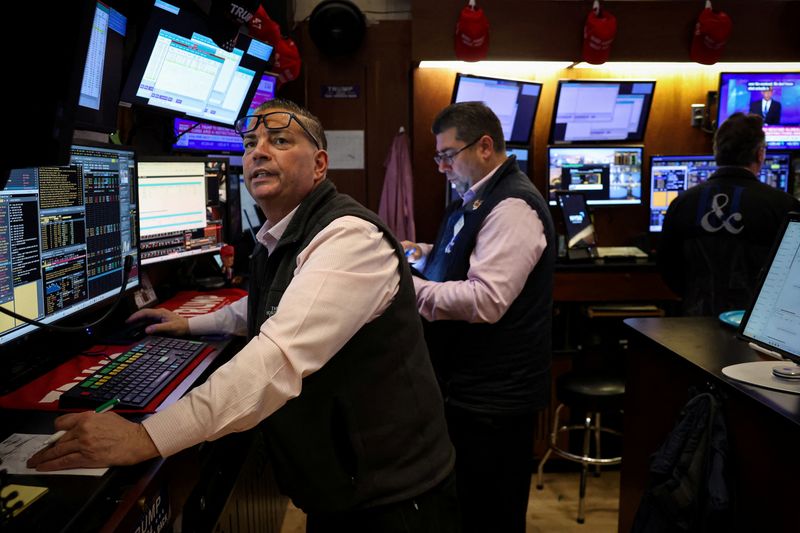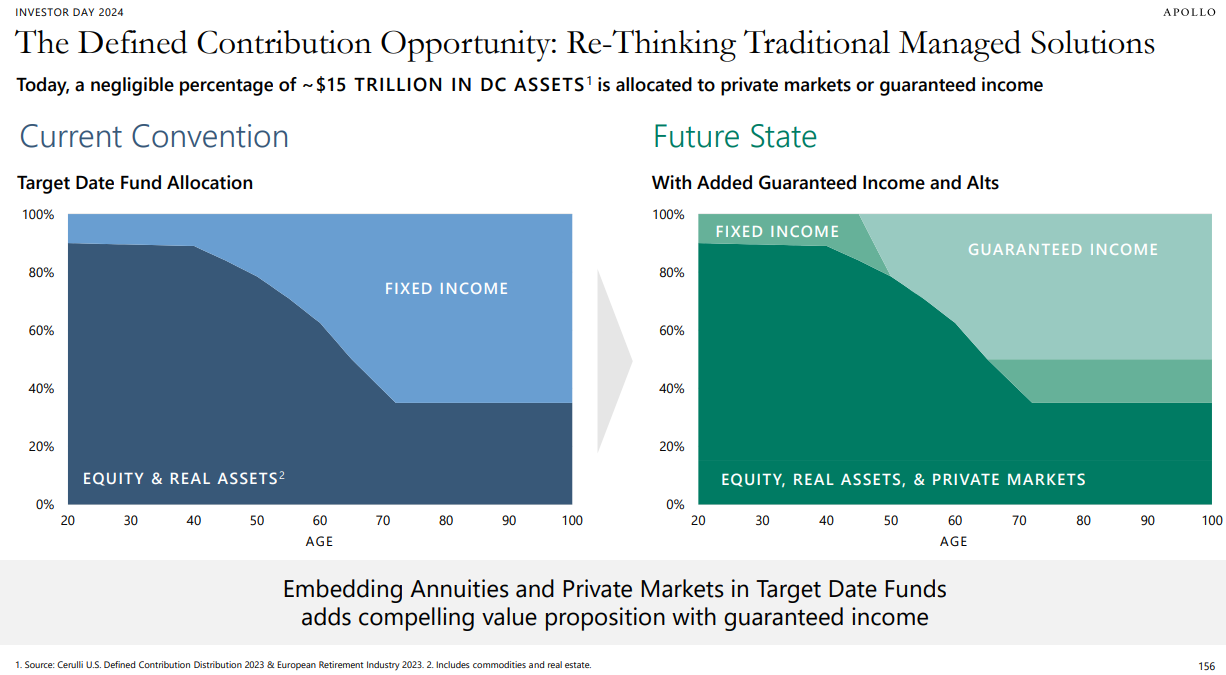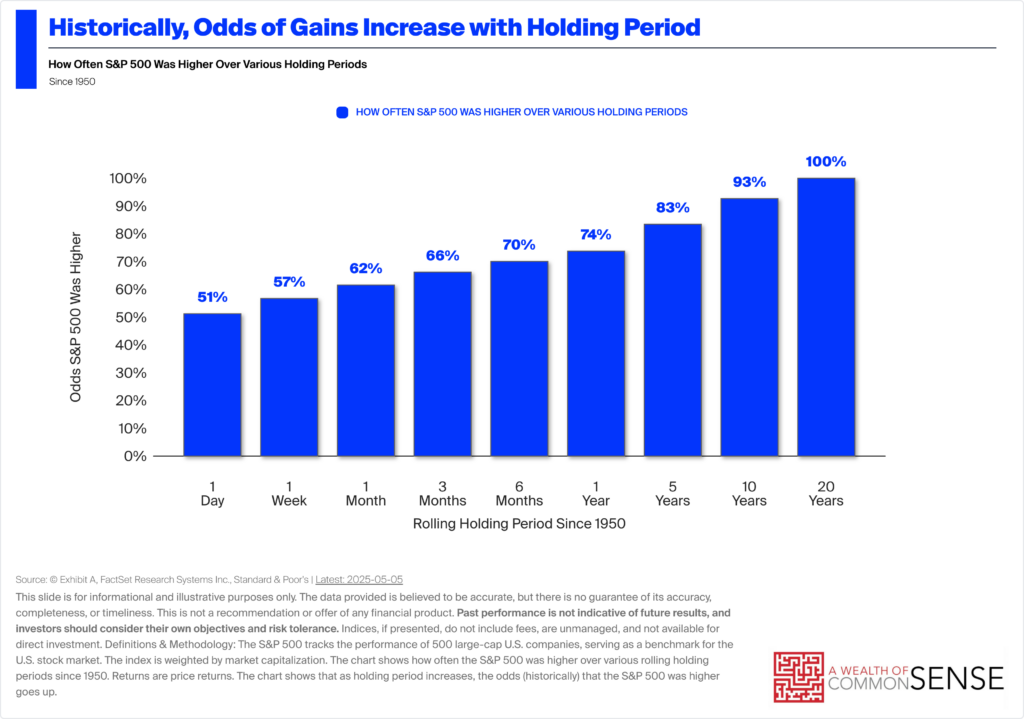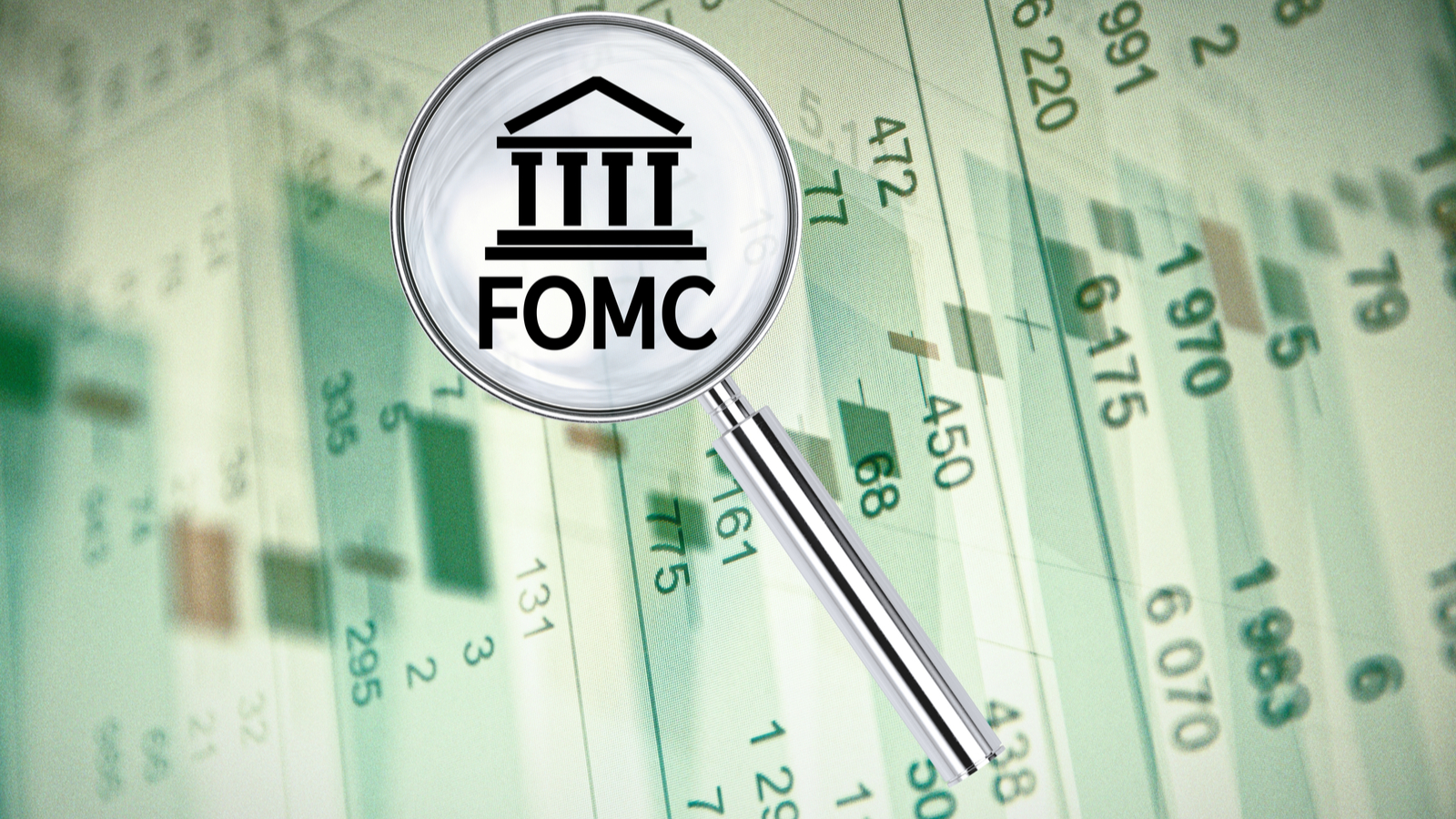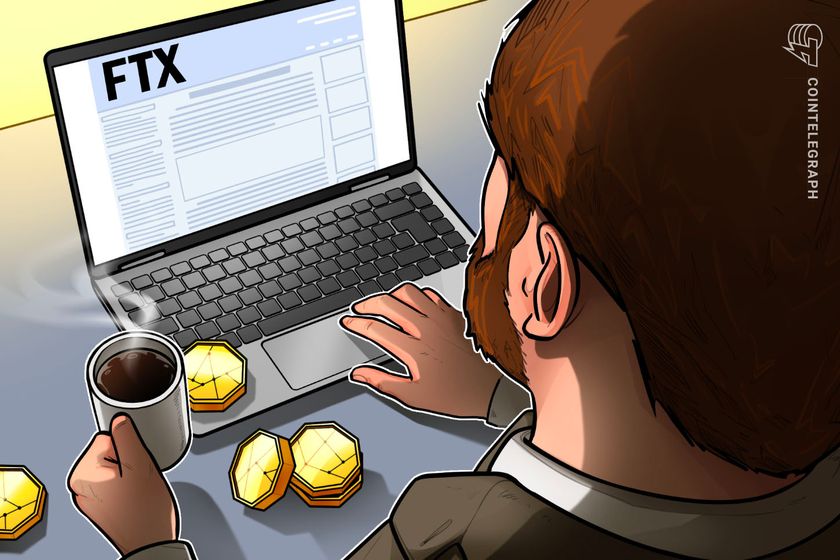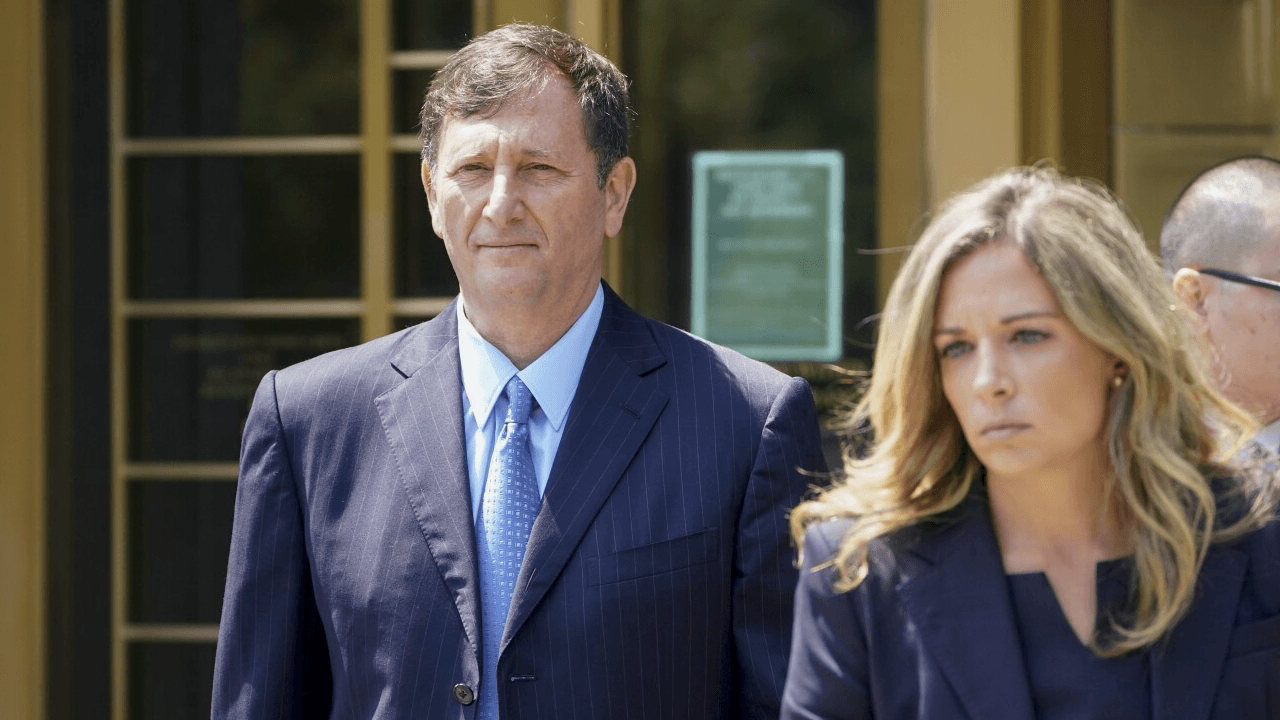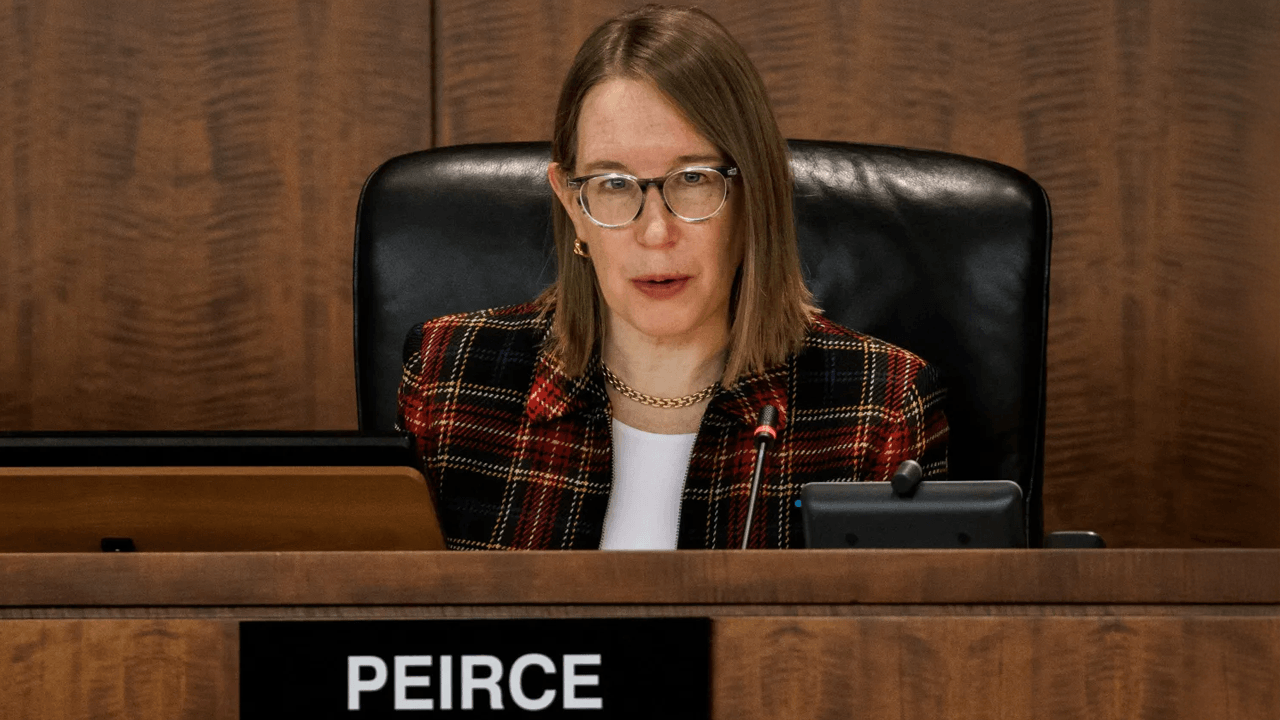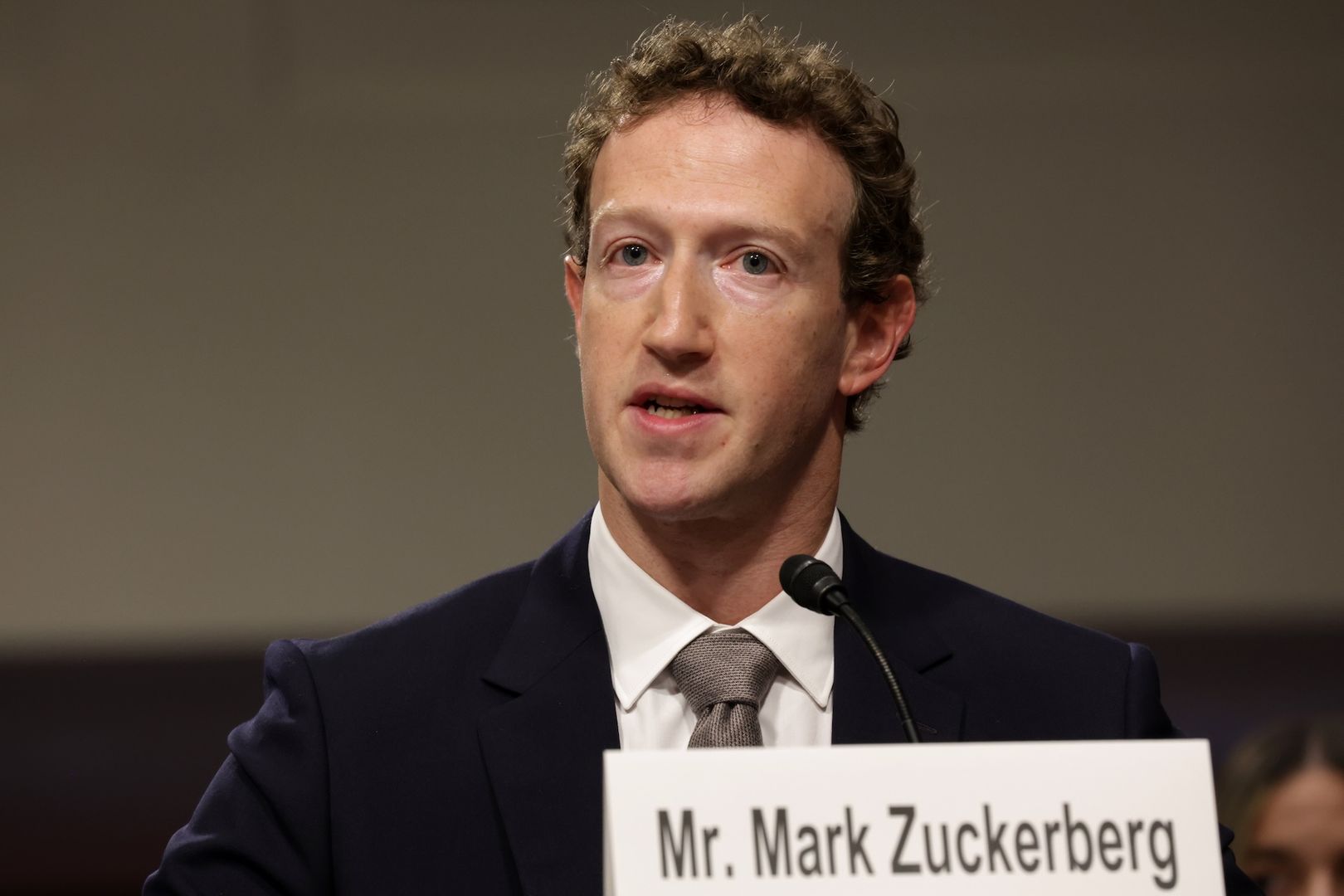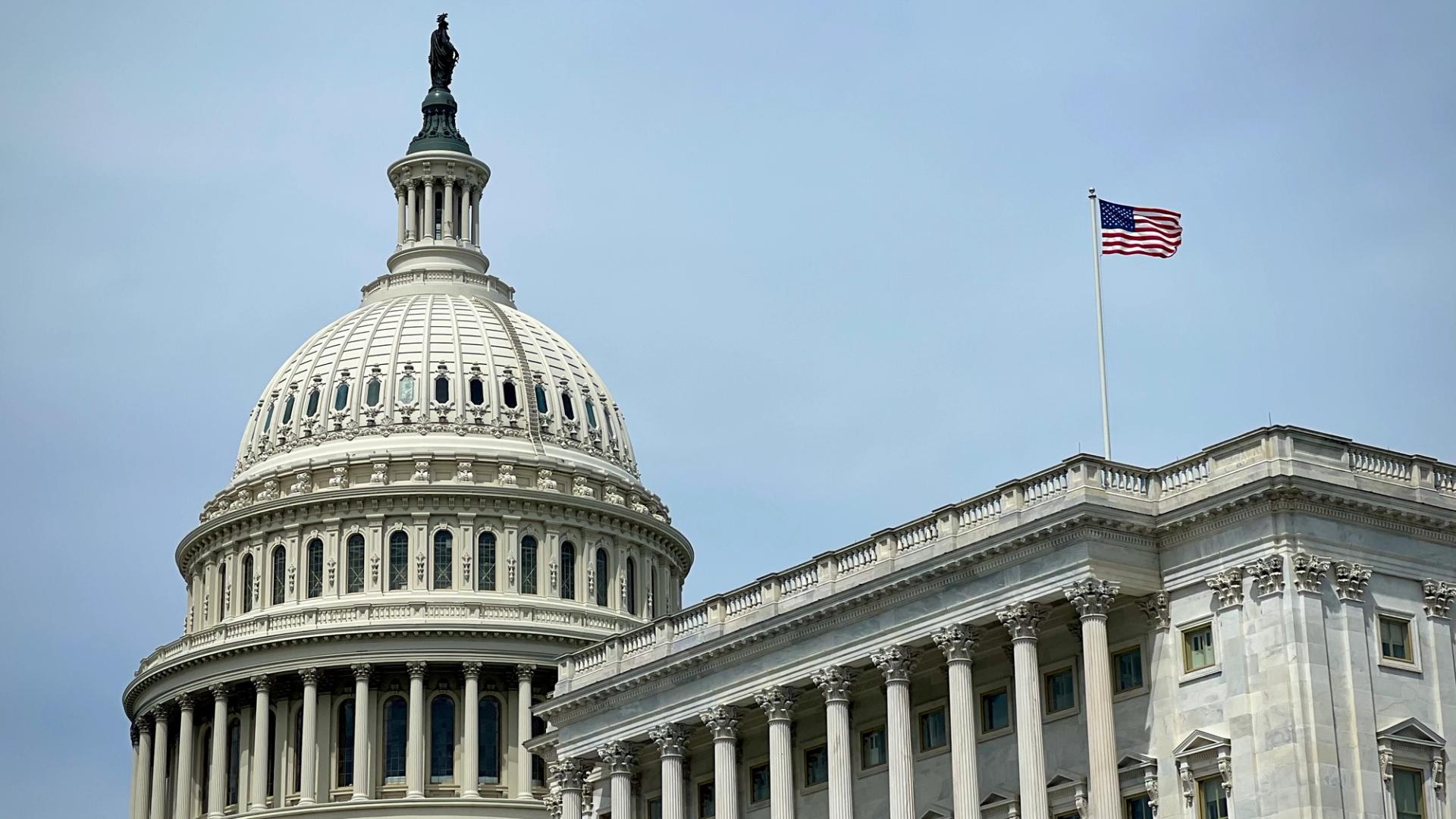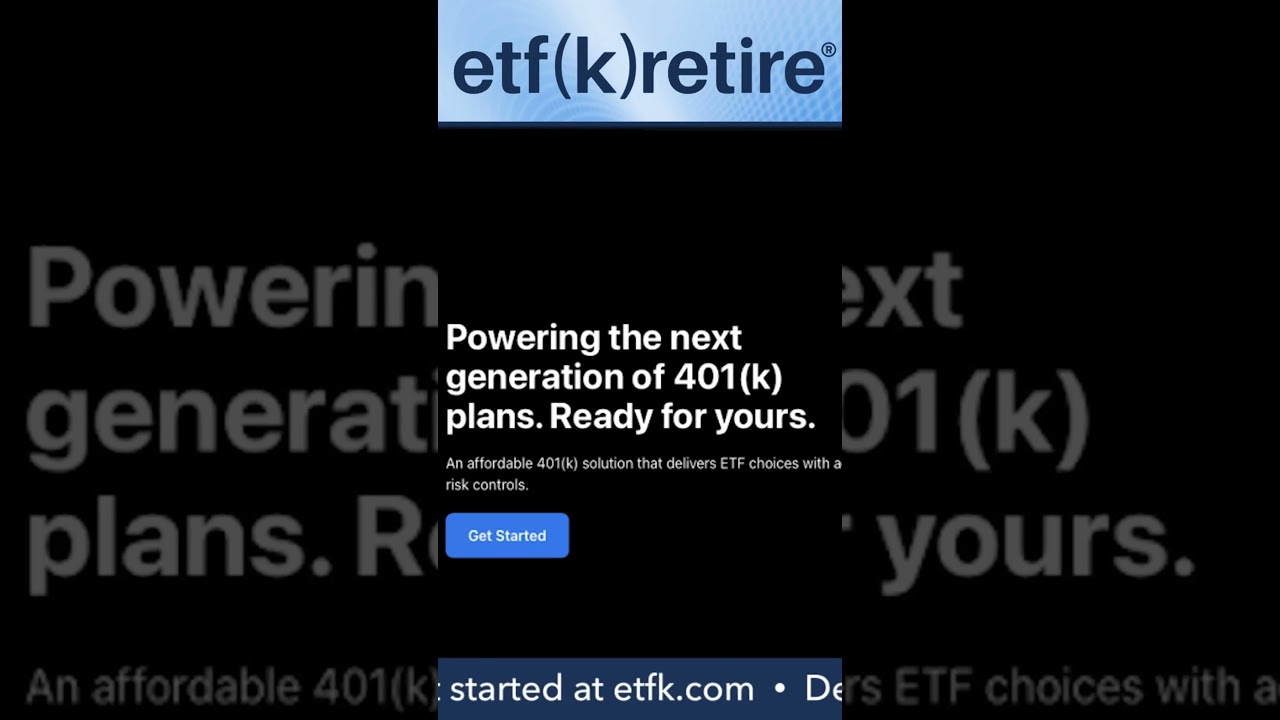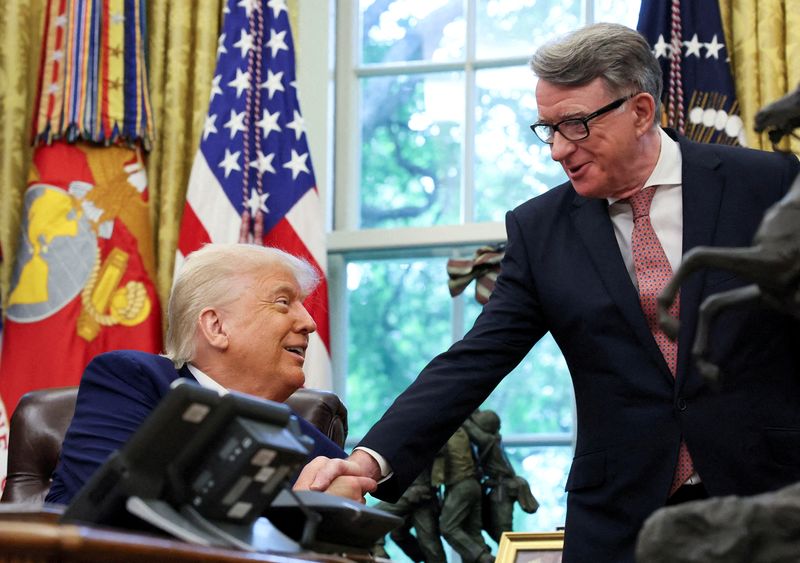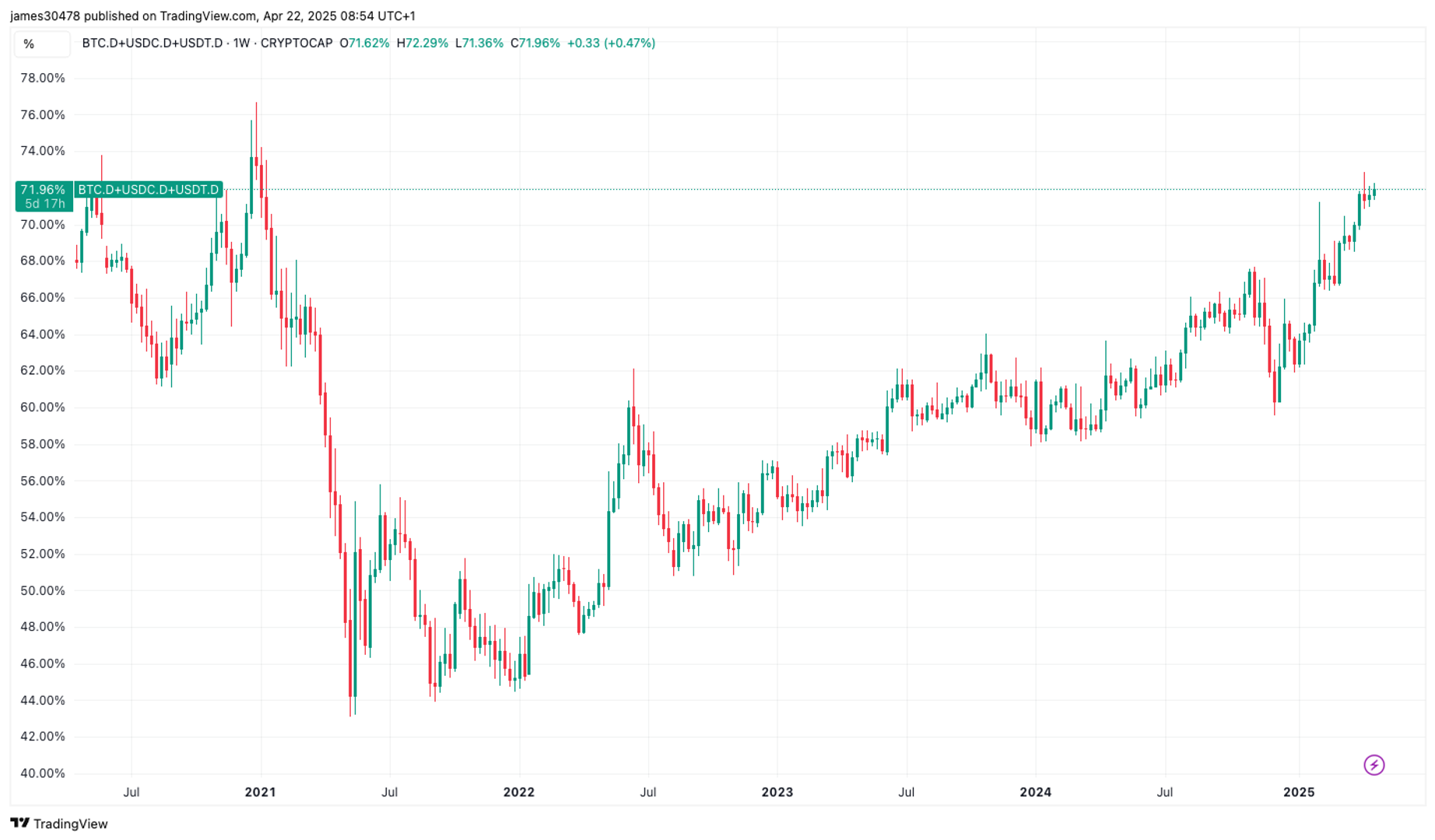Senate Republicans Making Plea to Get on With Stablecoin Debate
Once-allied Democrats continue to drag their heels on the first big crypto bill, leaving a key vote in doubt as GOP Majority Leader Thune calls for action.
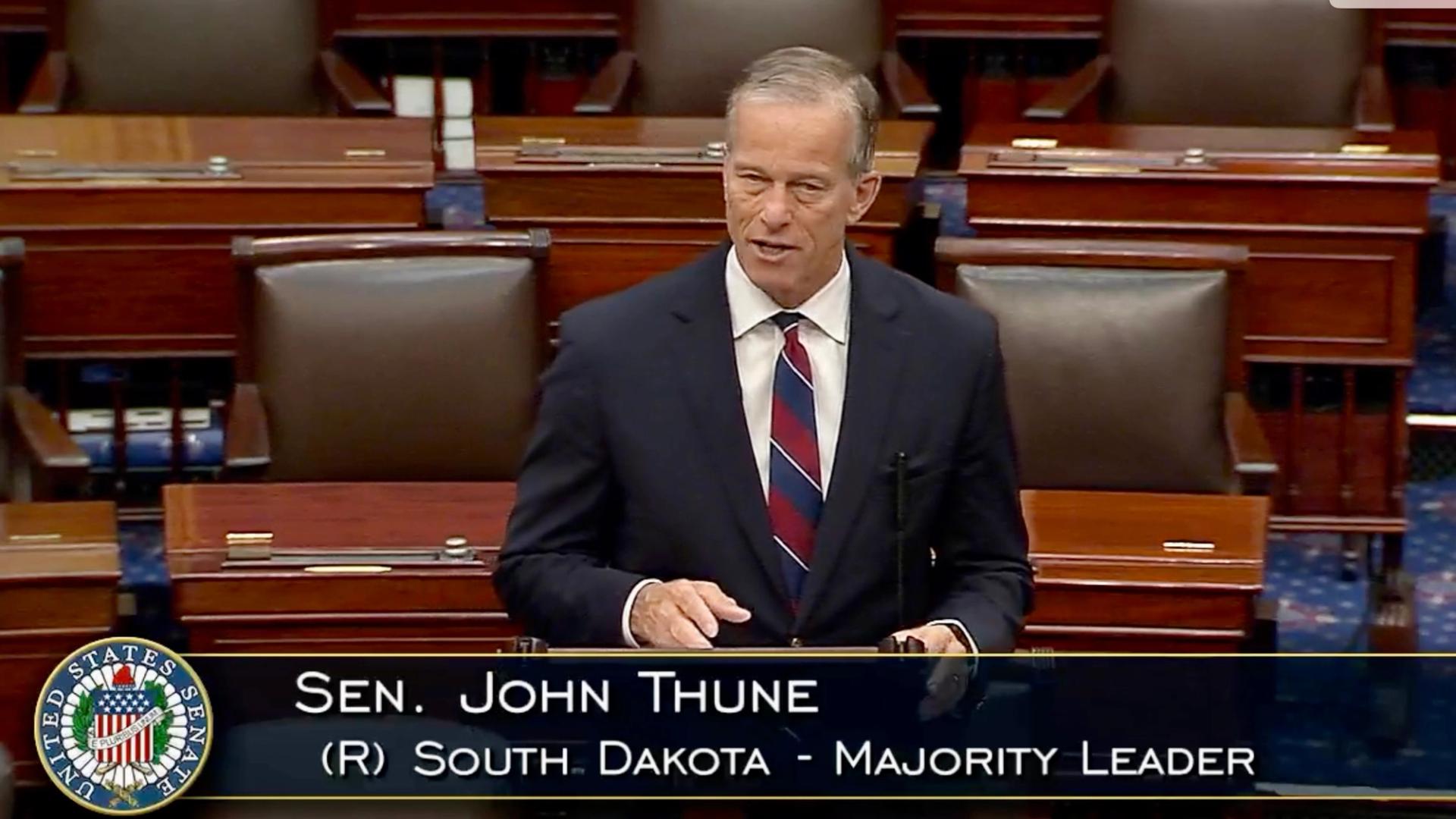
The Senate's Republican majority leader, John Thune, took to the chamber floor on Thursday morning to make a case for moving forward with stablecoin legislation — marking his first significant foray into the topic of crypto as Republicans grow frustrated with keeping what was once a bipartisan effort on track.
"Stablecoins should be made in the USA, but we can't lead in innovation if there's no clarity for the innovators," Thune said in his speech on the Senate Floor, delivered in the runup to an afternoon vote meant to advance the debate on the Guiding and Establishing National Innovation for U.S. Stablecoins (GENIUS) Act that would establish a U.S. regime to regulate stablecoin issuers.
"Americans are already using stablecoins and will continue to use them with or without legislation," Thune argued, saying that the bill will establish safeguards against money laundering and threats to national security, in addition to protecting consumers with reserve requirements.
"The GENIUS Act is by no means the last word on digital assets," the South Dakota lawmaker said, but he characterized it as a "first step toward bringing digital assets into our financial system."
Though many Democrats expressed earlier support for the legislation and helped move it out of the Senate Banking Committee with an 18-6 vote, they've have thrown up loud objections to moving forward, focusing on President Donald Trump's personal crypto interests and the potential conflicts posed by those business ties. Senator Ruben Gallego has been in the vanguard of this backlash, despite his close ties to the industry, which supported his 2024 Senate campaign with $10 million in advertising paid for by an affiliate of the crypto-backed Fairshake political action committee.
The Senate is steaming toward a 1:45 p.m. Thursday so-called cloture vote, which would open debate in the legislation — a back-and-forth which itself could occupy days of floor time. But that next step would need several Democrats to pass the 60-vote required margin. Alongside Gallego, several of the Democrats who voted for the bill in committee have said they would oppose the cloture vote.
Thune made the case that Democrats should allow the bill to move to that stage so that the changes they want can be hashed out in the open.
Lawmakers and staffers in the Senate worked overnight into the early hours of Thursday fielding further concerns from Democratic members, leaving some expressing doubt about how successful the vote will be on what's now the sixth version of this stablecoin bill.
The House of Representatives has been working on a similar bill that would eventually needed to be melded with this one before it can become law, but the Senate has long been the bottleneck for advancing crypto bills, and it promises to be the more difficult venue for clearing the industry's efforts.
"We have the opportunity to move the ball forward today," Thune said. "I encourage my colleagues to take it."
Read More: Dems Stall Stablecoin Bill, Jeopardizing More Important Crypto Regulation Bill




